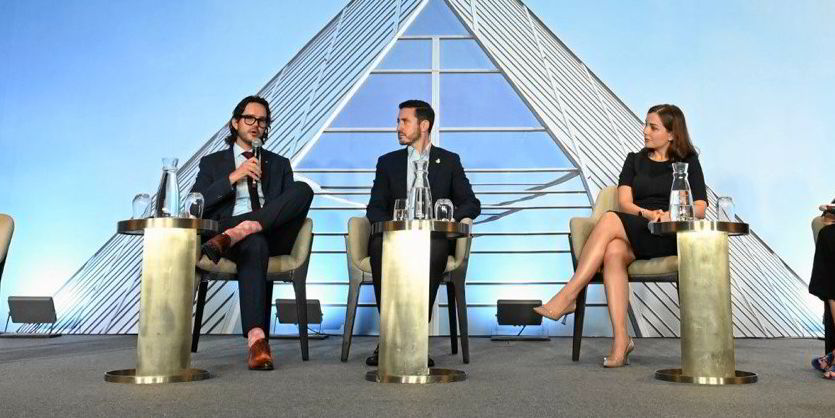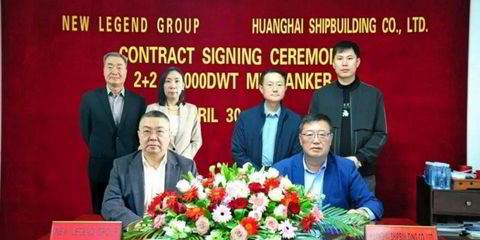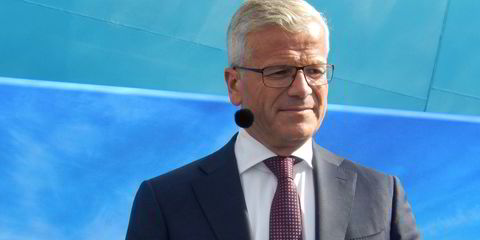Trading and chartering giant Trafigura is setting up a platform to cut supply chain carbon emissions in the energy sector.
The service, called Agora for Energy, has been created through a collaboration with New York-listed Palantir Technologies, based on its Foundry system.
The platform enables companies to share emission information and work together on carbon intensity benchmarking and analysis.
“This supports the industry’s need to better understand the carbon emissions of existing supply chains and should enable Agora users to make more informed decisions,” Trafigura said.
First users include BP, Colombian oil group Ecopetrol and Trafigura itself.
Agora for Energy draws on S&P Global Commodity Insights’ carbon intensity measures, covering oil and gas, refined products and biofuels.
The goal is to allow a common approach to assets owned and operated by different companies.
The stakeholders are forming an advisory committee for the platform.
Its initial focus will be on exploring avenues for industry standardisation of carbon intensity reporting.
The service was preceded by the Agora platform for the metal concentrates and refined metals sector, which debuted last year.
During the initial pilot, Palantir and Trafigura configured scenarios across 10m carbon pathways using commodity shipment data.
“Agora is already enabling Trafigura to quickly respond to our metals customers requesting carbon intensity of deliveries using third-party data, and we are delighted to now extend this initiative with our supply chain partners in the energy markets,” said Trafigura co-head of oil trading Ben Luckock.
Greater visibility
“We believe that carbon intensity as a commodity specification can enable greater visibility of low-carbon alternatives, with the power of Palantir’s Foundry enabling the broad industry collaboration and analytics engine that this challenge requires.”
Ecopetrol’s global head of crude and carbon trading, Juan Carlos Fonnegra, said: “We believe that by openly sharing carbon intensity of our upstream activities and empowering consumers along the value chain to make informed choices, it will drive a more sustainable energy future.”




